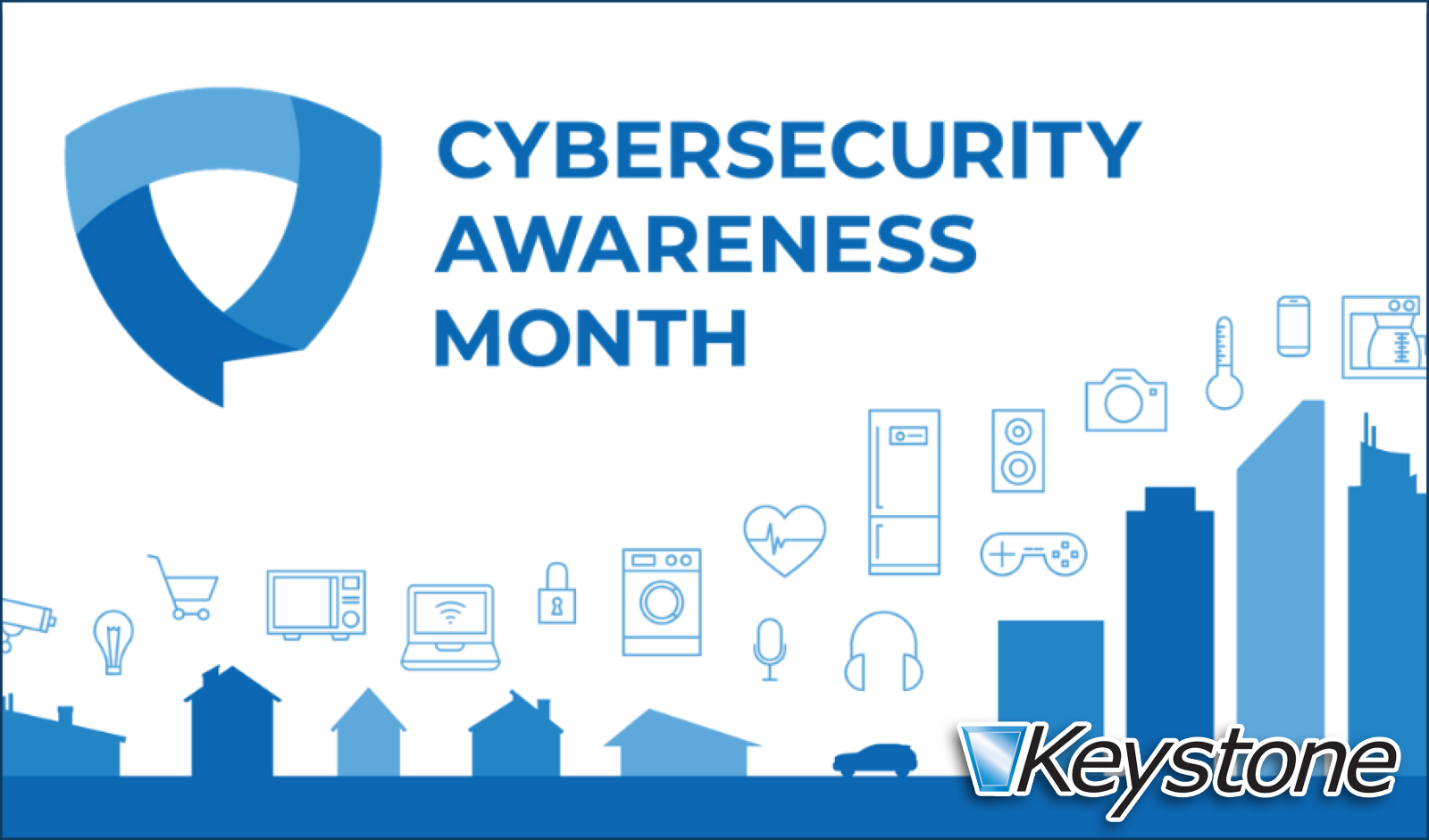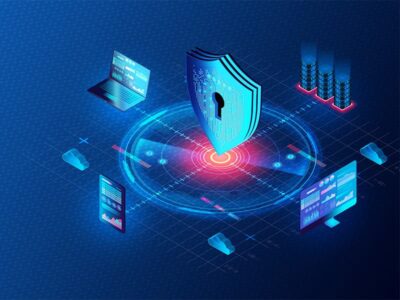In today’s digital world, protecting your online assets is crucial. Many small firms are vulnerable to hackers due to weak passwords. Cybercriminals are constantly trying to hack corporate networks to access sensitive information, and weak passwords often help them. Last year, 50% of cyberattacks used weak or stolen passwords. This means firms like yours must develop robust passwords and streamlined cybersecurity best practices. And this is just the first step – single sign on and multi-factor authentication are important next steps, as we outline below.
How Weak Passwords Make Your Business Vulnerable to Cyberattacks
Understanding how passwords can expose your business to cyberattacks is essential in developing effective cybersecurity strategies. Here are some common ways weak passwords can compromise your business:
Password Reuse
Using the same password across multiple accounts is a significant security risk. If a hacker gains access to one account, they can easily use the same password to infiltrate other accounts. This domino effect can lead to extensive data breaches and loss of sensitive information.
Simple and Predictable Passwords
Passwords like “123456,” “password,” and “qwerty” are incredibly easy for hackers to guess. These simple passwords are often the first ones cybercriminals try when attempting to crack accounts. Using predictable passwords puts your business at high risk of password attacks. Here are the top 10 dark web password examples you should avoid at all costs:
- 123456
- 123456789
- Qwerty
- Password
- 12345
- 12345678
- 111111
- 1234567
- 123123
- Qwerty123
Lack of Complexity
Passwords that lack a mix of upper and lower case letters, numbers, and special characters are more susceptible to brute force attacks. Hackers use automated tools to systematically try every possible combination until they find the correct one. Without complexity, your passwords are easier to crack.
Storing Passwords Insecurely
Writing down passwords on sticky notes, saving them in unencrypted files, or sharing them via email are common practices that can lead to security breaches. If an unauthorized person gains access to these passwords, they can easily infiltrate your systems.
Using Personal Information
Incorporating easily accessible personal information into passwords, such as names, birth dates, or favorite hobbies, makes it easier for cybercriminals to guess them. With the abundance of personal information available on social media, hackers can use this data to crack passwords.
By understanding these vulnerabilities and implementing cybersecurity best practices, you can significantly reduce the risk of password attacks and protect your business from potential threats.
Tips for Strong Passwords
Use a Password Manager
Using a password manager is critical for cybersecurity and allows you to create and save strong passwords. Password managers can help you remember and use unique passwords for each account.
Implement Single Sign-On (SSO)
Single sign-on allows users to access numerous apps with one password. You simply need one password to access all your online accounts. Remember that SSO is only as safe as its password. If you’re using SSO, create a strong, unique password.
Don’t Reuse Passwords Across Accounts
If a hacker gets into one of your accounts, they’ll try to use that password on other accounts as well. Using different passwords for different accounts is a cybersecurity best practice that will help reduce hacker damage.
Enable Two-Factor Authentication (2FA)
Two-factor authentication protects online accounts (2FA). 2FA requires a code from your phone or another device. Even if someone knows your password, this strategy makes hacking harder. 2FA isn’t ideal, but it helps protect online accounts. If you haven’t already, use 2FA. Ensure each account’s 2FA code is strong and unique.
Avoid Using Social Media Information in Passwords
People use social media to interact with friends and family, remain informed, and share their opinions and experiences. Social media can provide crooks with personal information. Avoid using social networking information in passwords. This includes your name, birth date, and other facts. This will help keep your accounts protected.
Contact Keystone Technology Consultants
As cyberattacks become increasingly complex, you may not have enough time to defend yourself. Keystone Technology Consultants can help your staff develop strong passwords, store them securely, and change them often. Contact us today to see how Keystone Technology Consultants in Akron, OH can help you develop cybersecurity best practices to protect you against poor password hygiene with a free consultation.




